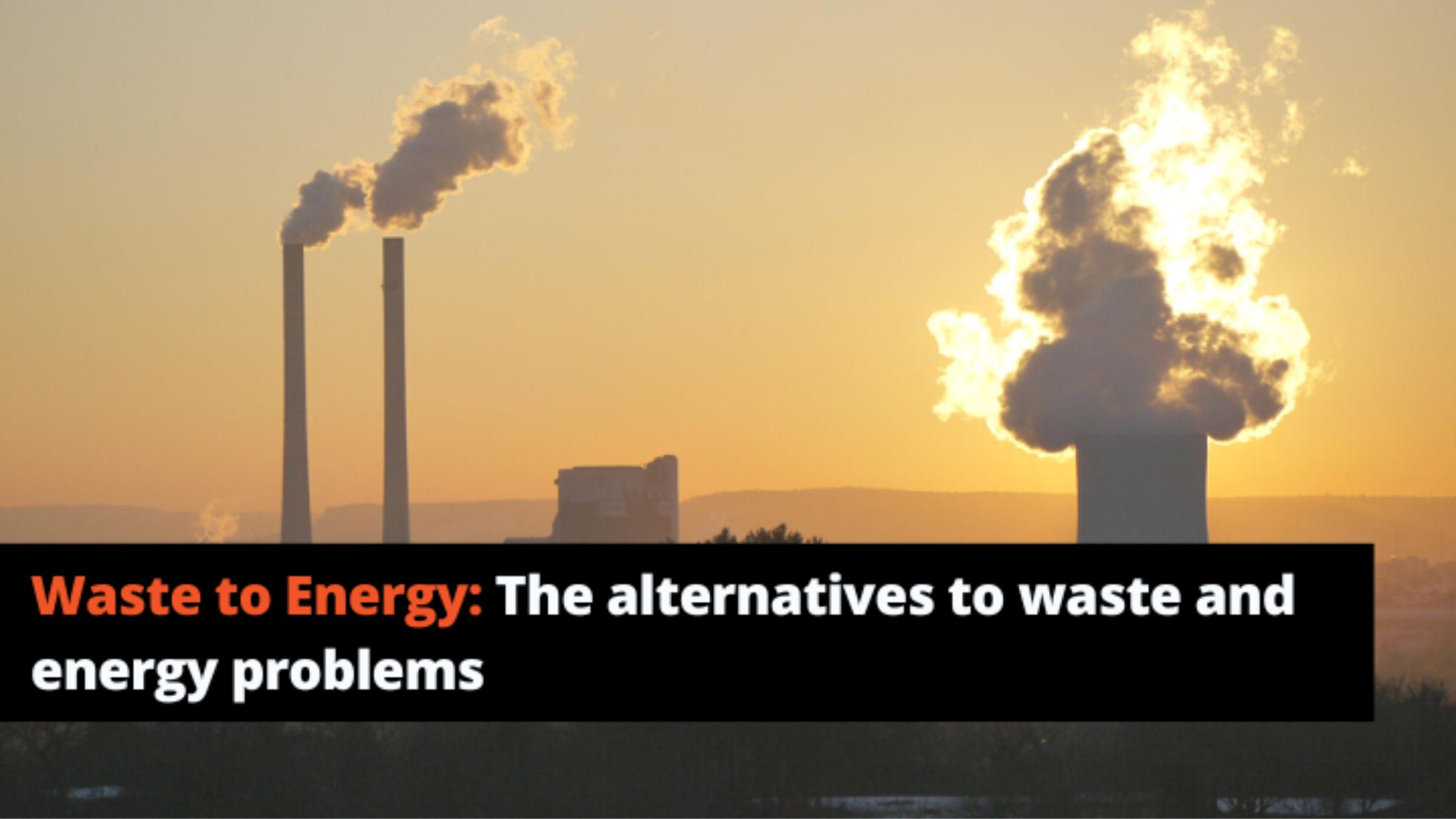July 12, 2023
A lover of all things tech, Paul Haswell is a highly-regarded TMT focused lawyer, most recently as a Partner with Seyfarth Shaw in Hong Kong. He is also a ‘tech and law’ podcaster, but residents of the city are as likely (or perhaps more so) to know him for his other main passion, music. Haswell has a long running stint spinning the discs on RTHK’s ‘Sunday Escape’ radio programme, and as a club and podcast DJ with Clockenflap, both of which he fulfils with his ‘Crimes Against Pop’ partner, Carolyn Wright. Tim Gilkison recently spoke to Haswell about his journey in law, the importance of mentorship, AI, new music…oh, and time travel! K&L Gates Welcomes Hong Kong Technology Partner Which came first, your love of technology or an interest in the law? Technology, by quite a long way. When I was very young I had three main interests: computers, science fiction, and music. Bear in mind that this was during the very early 1980s, so my interest was being stoked by Star Wars, Star Trek and Doctor Who, the Atari 2600 and then Commodore 64, and whatever I could hear on the radio at the time or find to play on my rather battered hand-me-down record player. I got my first computer (the aforementioned Commodore 64) in about 1984 and spent most of my childhood using it for rudimentary programming, games, and for some reason I even thought that doing my homework using it was exciting. That began my love of computers and technology in general, and ever since then I have been obsessed with new gadgets, the use... May 9, 2023
Opportunities and Challenges Ahead As technology continues to advance, the legal industry remains no exception to its effects. Law firms are now turning to artificial intelligence (AI) to assist with tasks such as contract drafting, legal research, and even predicting case outcomes. While the use of AI in the legal field is still relatively new, it has already shown promising results in increasing efficiency and reducing costs. However, as with any new technology, there are also concerns about the potential risks and drawbacks. Interestingly, this introductory paragraph (along with its cautious acknowledgement of AI risks) was not written by me at all, but by ChatGPT – itself an AI chatbot tool developed by OpenAI and launched in late 2022. Its release, together with other natural language processing models like Google Bard and Bing AI, have dominated headlines by making generative AI widely accessible with exciting opportunities for application in fields such as law. The use of AI in the legal profession is, of course, not new. For instance, it is reported that Shearman & Sterling have used a wide variety of AI tools, including Kira for due diligence, while White & Case is reported to use tools such as Brainspace and Relativity to assist with document review for discovery. However, this new wave of innovative AI platforms represents a potentially steep upgrade on previous tools with widescale adoption predicted. Indeed, hot on the heels of the ChatGPT release came Allen & Overy’s announcement in February 2023 of its global integration of “Harvey” – an AI platform founded by a team of former lawyers, entrepreneurs and engineers and built on... August 16, 2022
With its increasing population and urbanization, Thailand cannot escape from the mountains of solid waste generated in households and in communities across the country. The inappropriate disposal of solid wastes will cause serious ramifications which would be a national nightmare, such as air pollution, water pollution and contagious diseases. All of these issues are harmful not only in the environmental scale, but also in respect of the public health of each domestic sector. The government has foreseen this catastrophic event and thus declared the solid waste problem as one of its national agendas. In compliance with the first revision of the Power Development Plan 2018 (the “PDP 2018 Rev. 1”), which aimed to improve energy efficiency and foster sustainable energy and, importantly, to encourage the participation of the public with respect to energy projects, the meeting of the National Energy Policy Council (the “NEPC”) no. 3/2022 held on May 6, 2022 approved the Feed-in Tariff (the “FiT”) for waste to energy project (the “WTE Project”) under the PDP 2018 Rev. 1. This approval allows the very small power producer (the “VSPP”) and the small power producer (the “SPP”) to sell the electricity generated from solid waste from the approved 34 WTE Projects to the Electricity Generating Authority of Thailand (the “EGAT”), Metropolitan Electricity Authority (the “MEA”) and/or Provincial Electricity Authority (the “PEA”) (collectively, the “Electricity Authority”) and receive payment for the sale of electricity on the FiT basis, with the total collective capacity of 282.98 MW and the Scheduled Commercial Operation Date (the “SCOD”) between 2025 and 2026. Following this, the NEPC authorized the Energy Regulation Committee (the “ERC”) to introduce rules and regulations in relation... December 11, 2018
A court in Fuzhou has moved to block sales as part of a long-running battle between Apple and Qualcomm. November 17, 2017
Social media and other technology are changing the way asset searches are conducted in a dispute ... Upcoming Events
Recent Past Events














